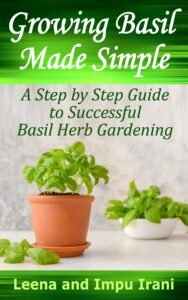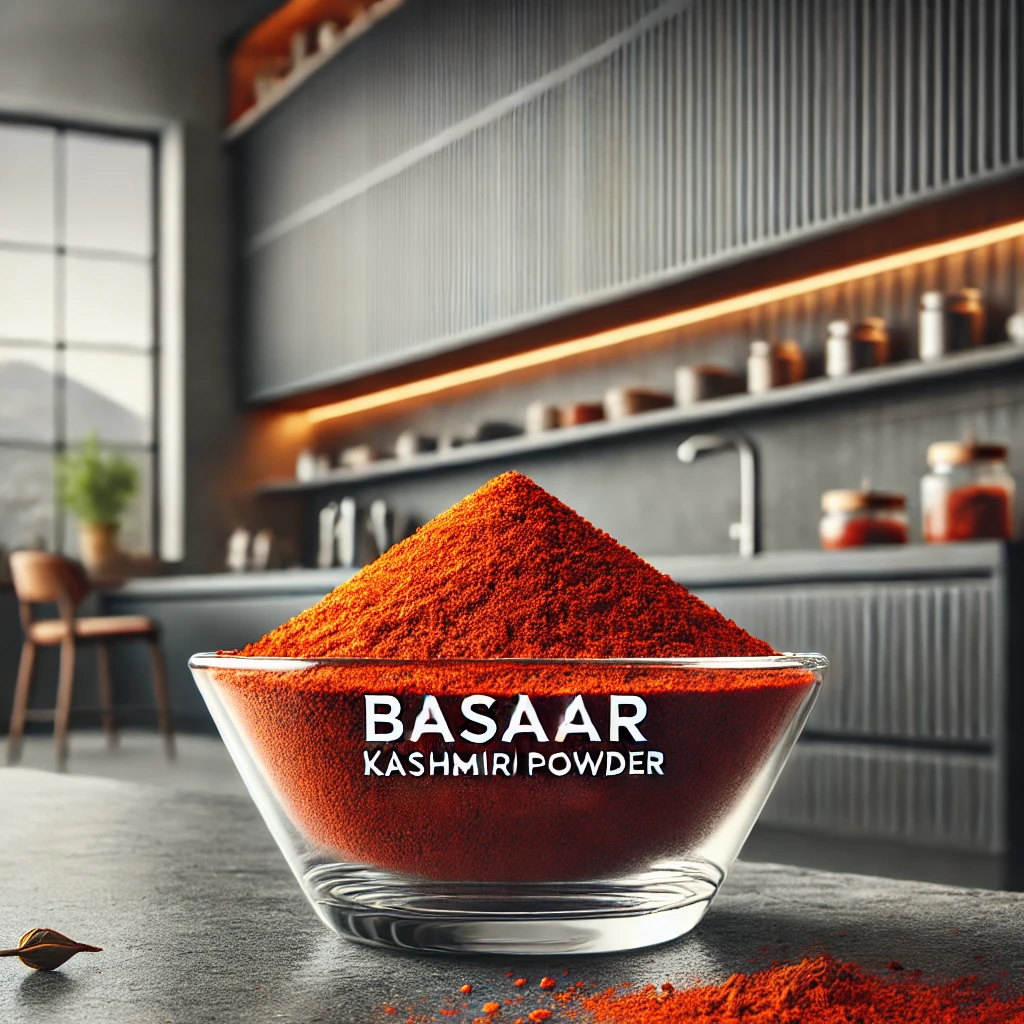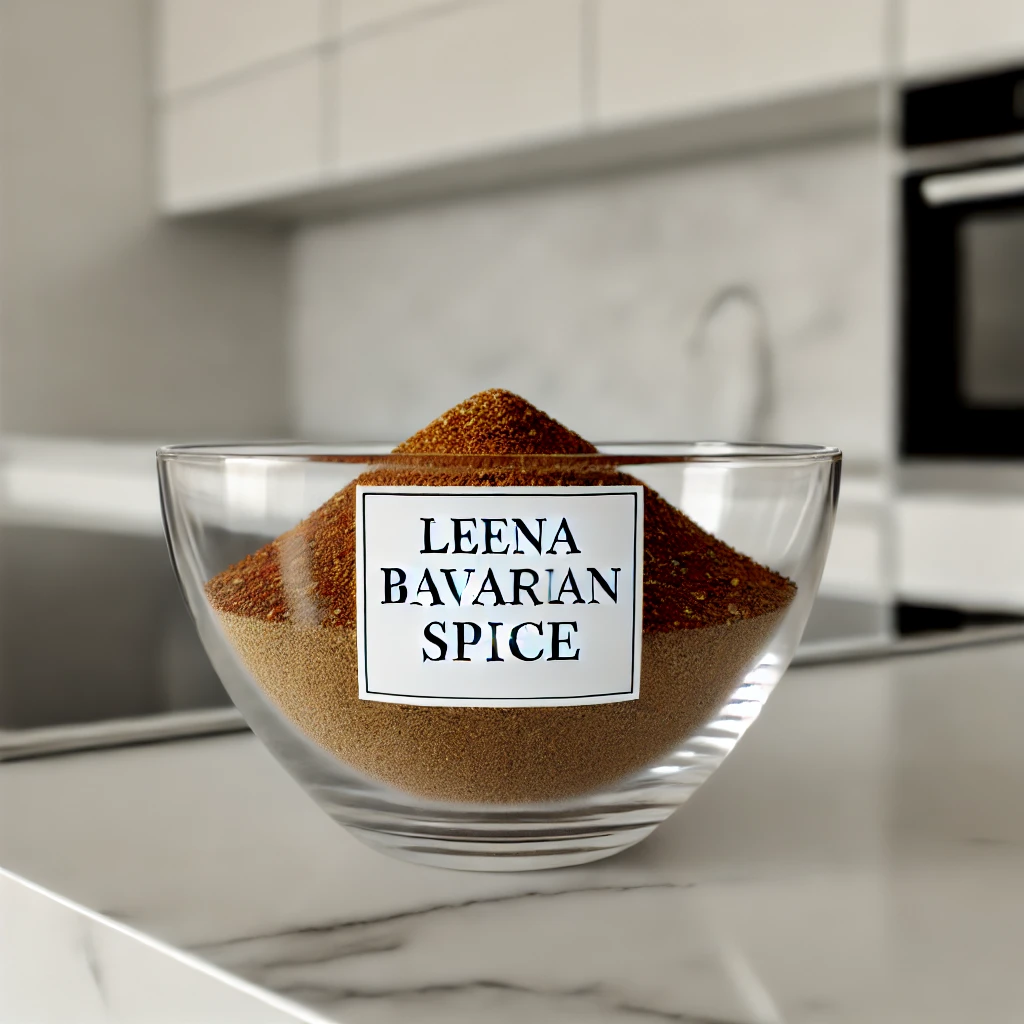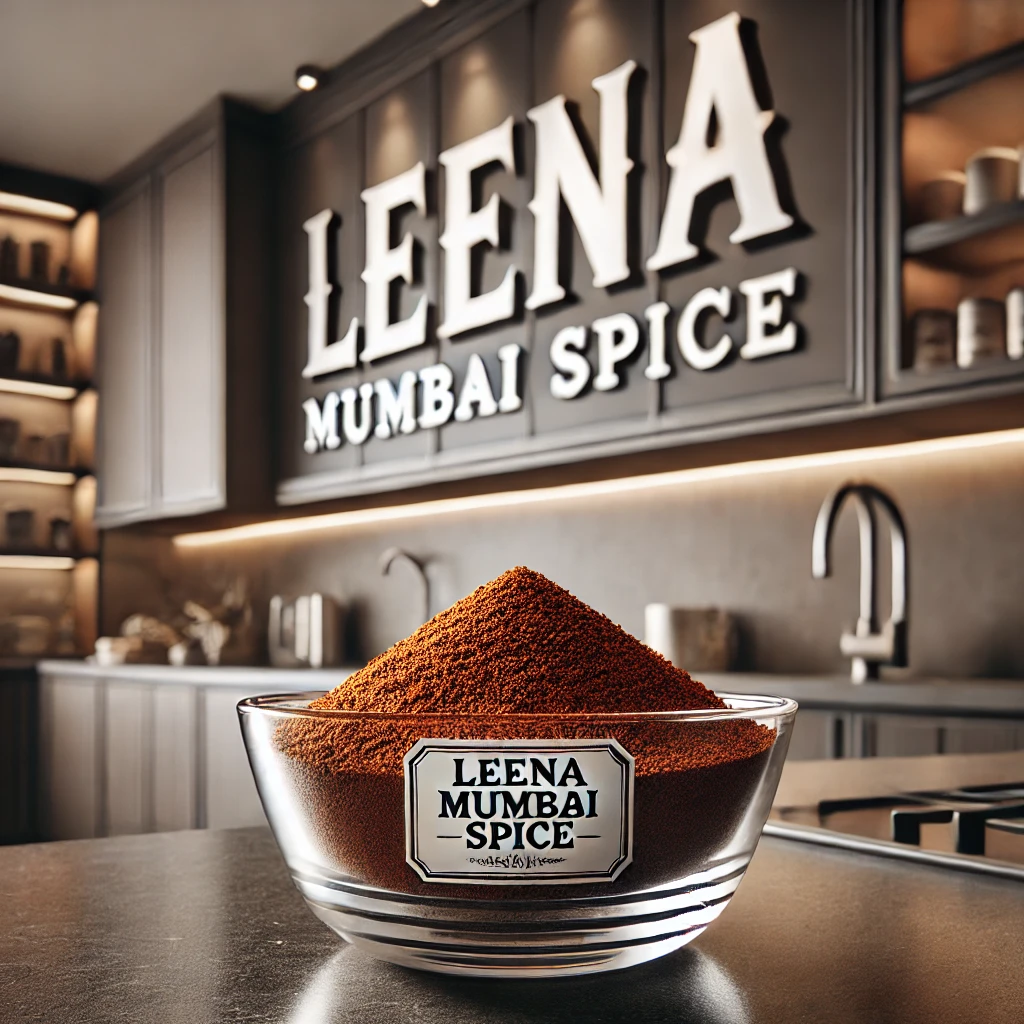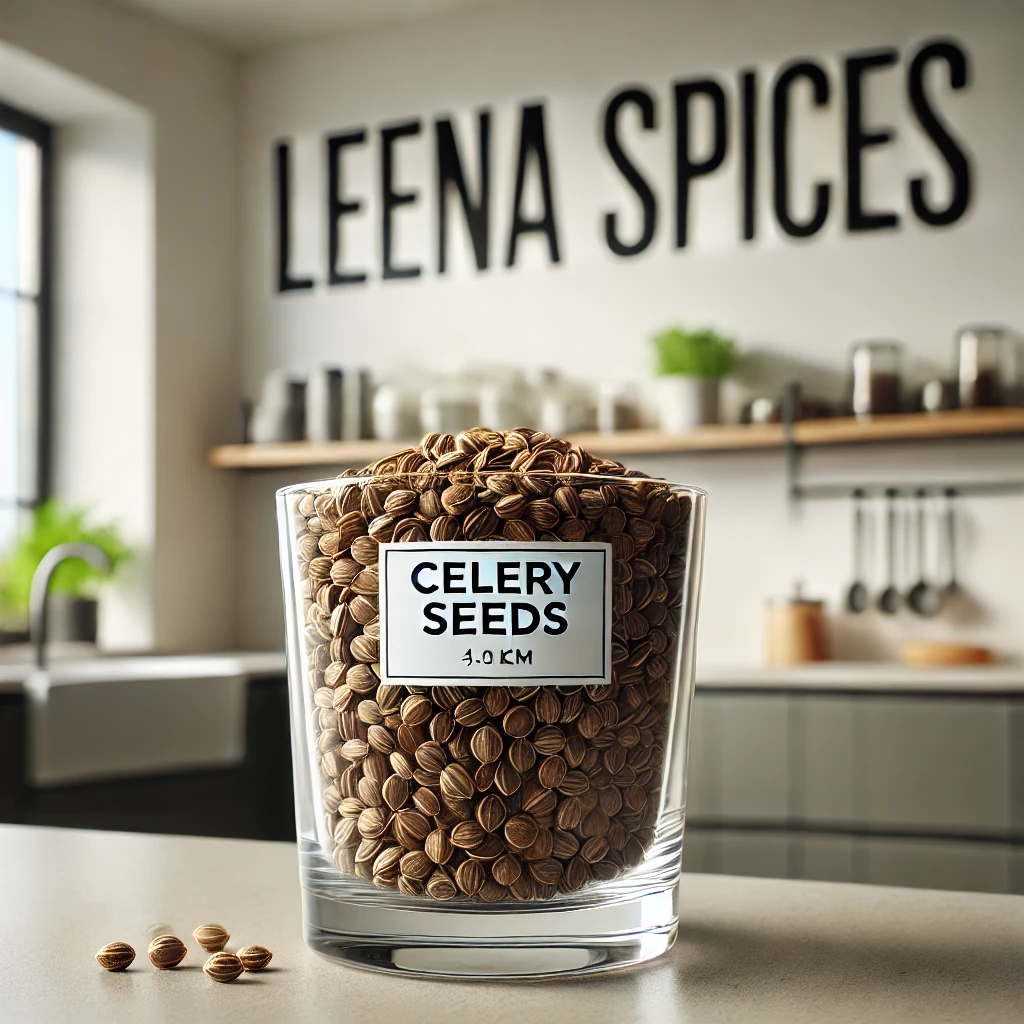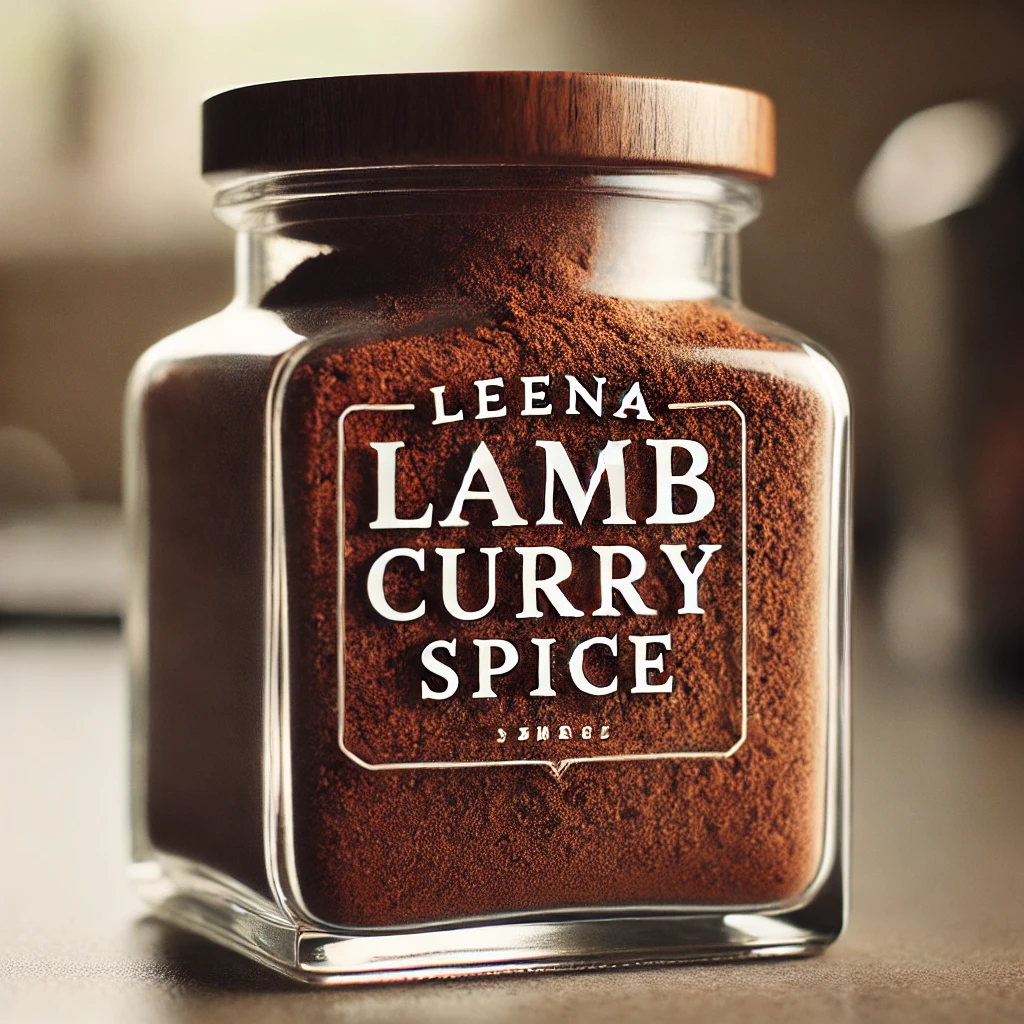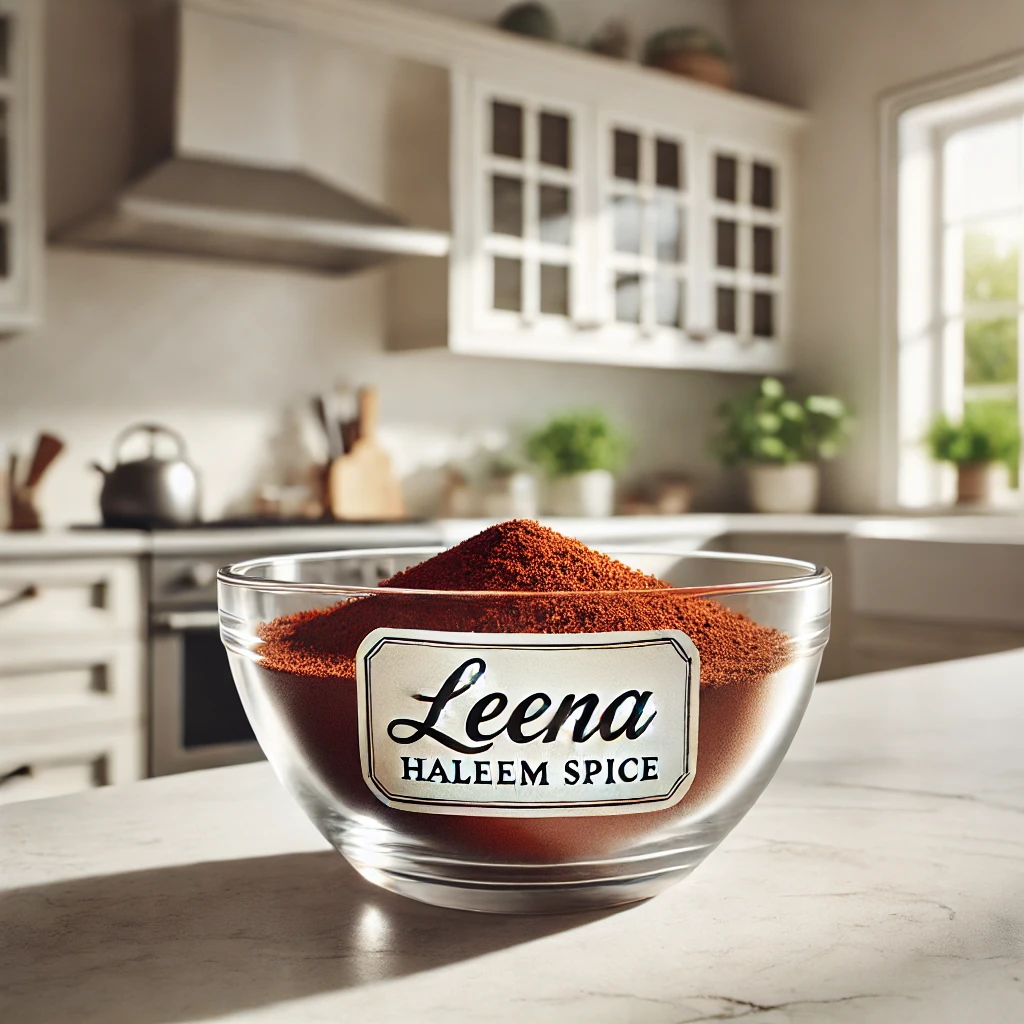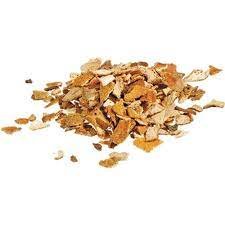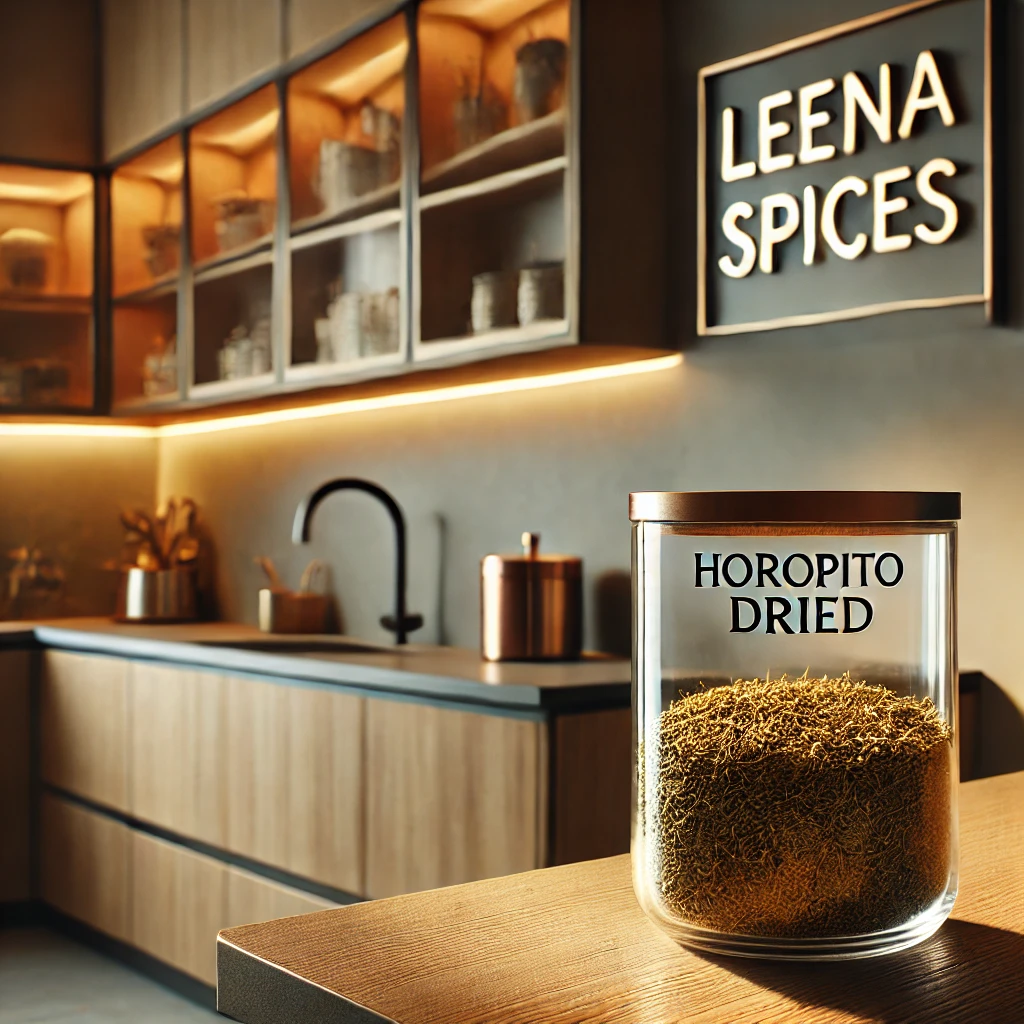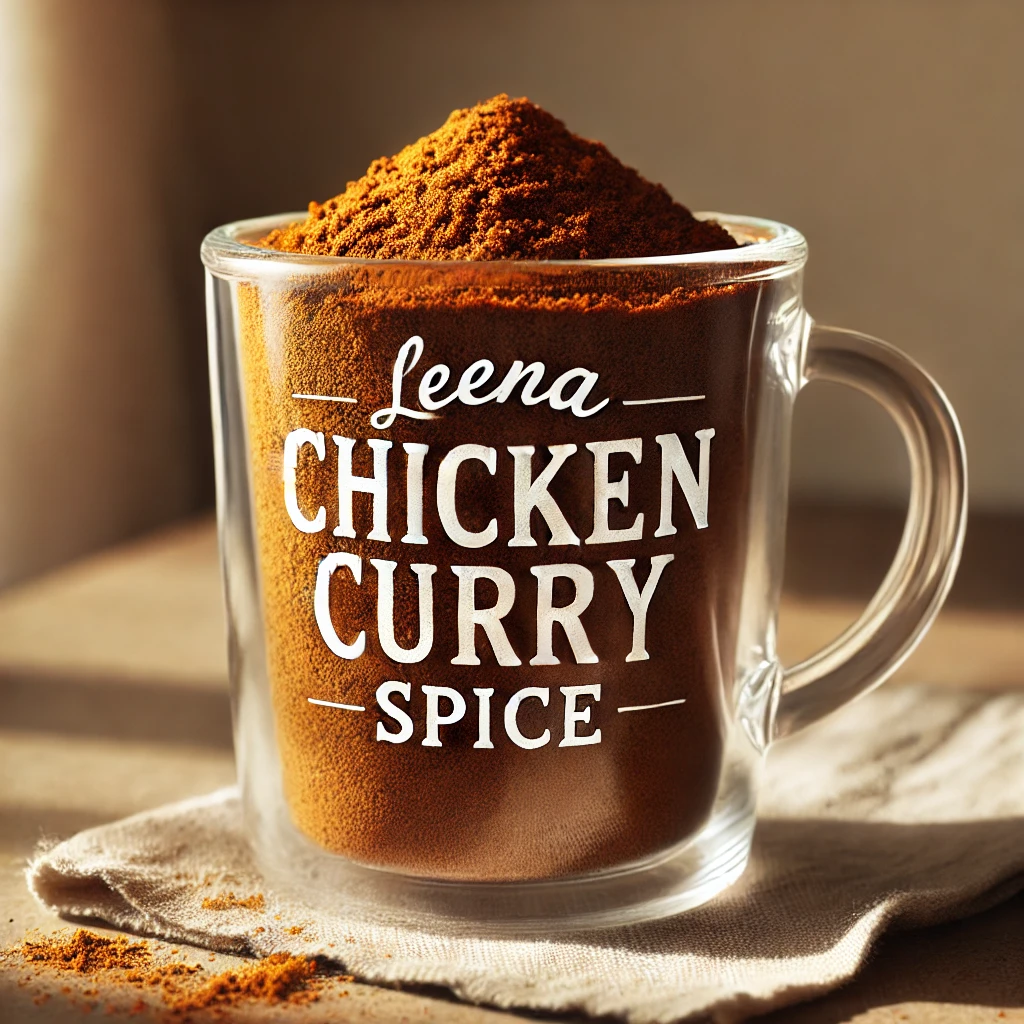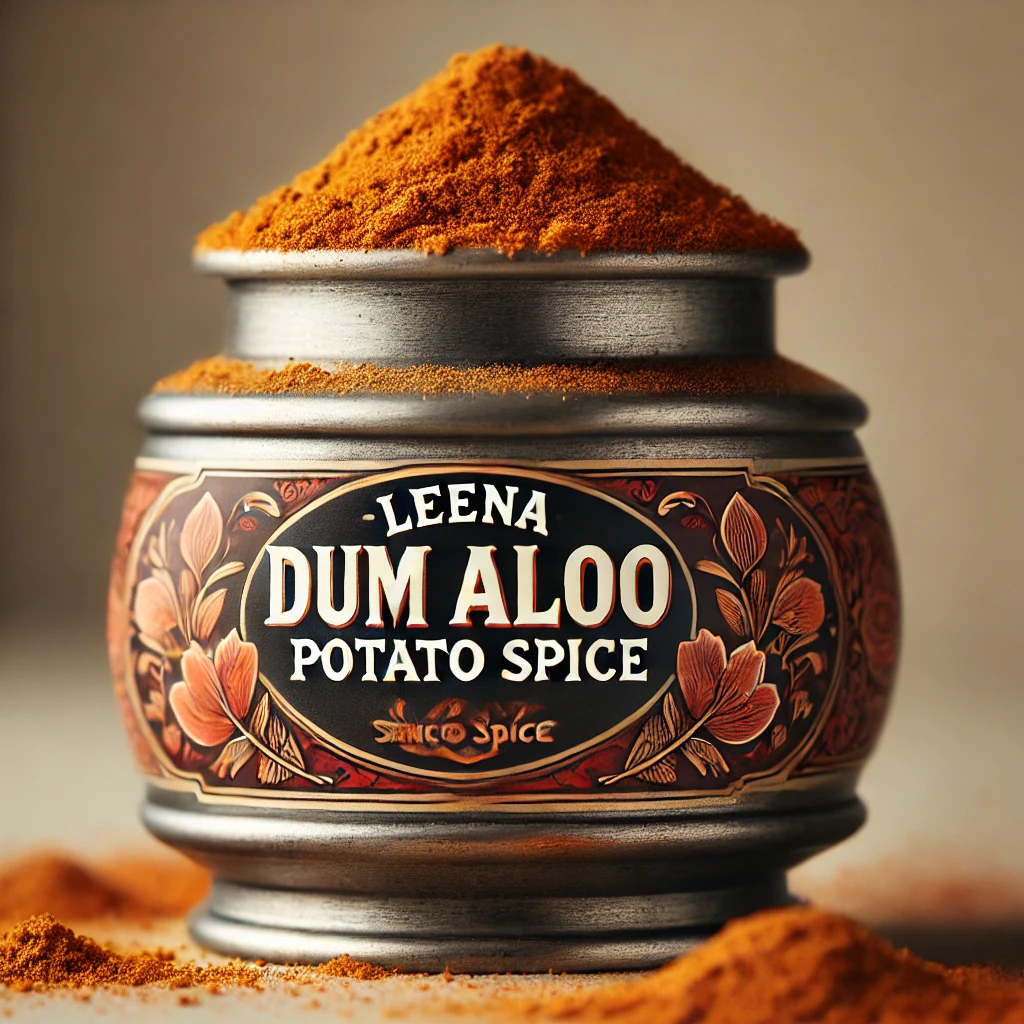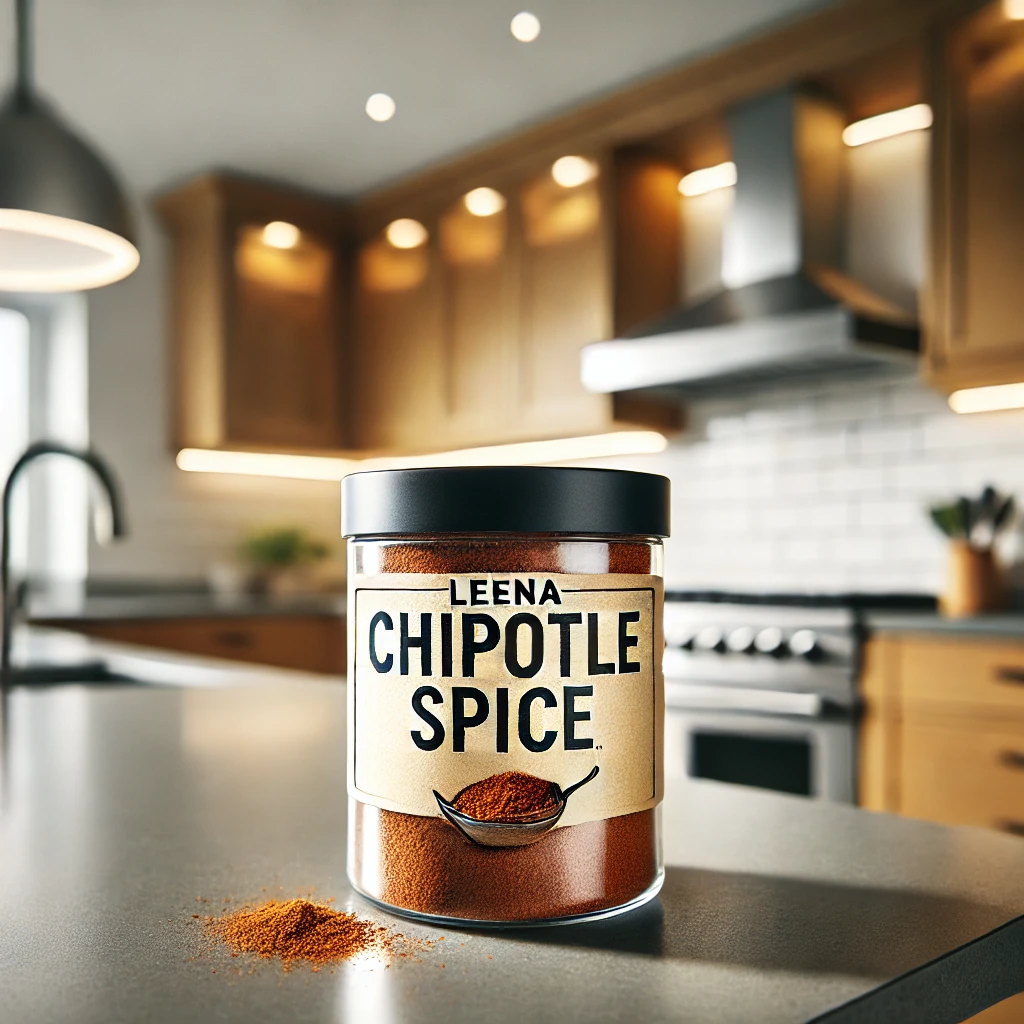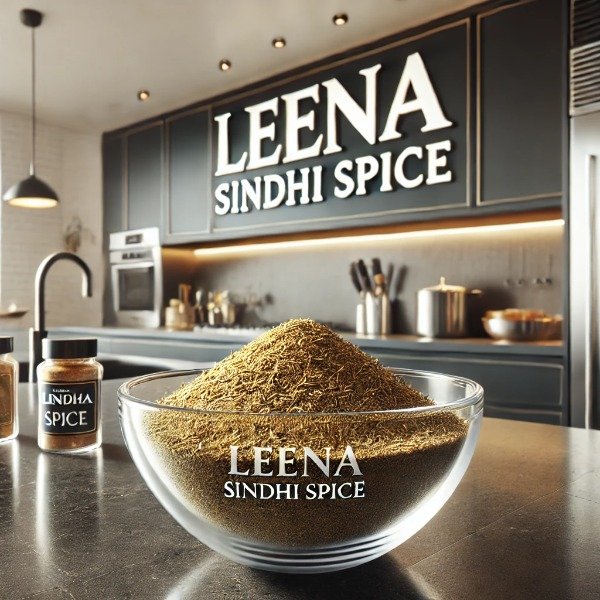13 Essential Facts How Herbs and Spices Boost Your Health
Table of Contents
- Introduction
- Key Takeaways
- Nutritional value of Herbs and Spices
- Conclusion
Introduction
Herbs and spices are more than just flavor enhancers for your meals. From the vibrant aroma of fresh basil to the warm, earthy notes of turmeric, these culinary ingredients have been cherished for centuries not only for taste but also for their remarkable health benefits. While most people use them in small amounts, herbs and spices pack a surprising nutritional punch, offering antioxidants, vitamins, minerals, and powerful plant compounds that support overall wellness.
Key Takeaways
Do herbs and spices have nutritional value?
Yes. While usually consumed in small amounts, herbs and spices are rich in micronutrients, antioxidants, vitamins, minerals, and phytochemicals that contribute to overall health.
What health benefits do antioxidants in herbs and spices provide?
Antioxidants like polyphenols and flavonoids help protect cells from oxidative stress, reduce inflammation, and may lower the risk of chronic diseases. Herbs such as oregano, rosemary, and thyme have particularly high antioxidant content.
Which vitamins and minerals are found in herbs and spices?
- Fresh herbs such as parsley, basil, and cilantro provide vitamins A, C, and K, along with minerals like potassium, magnesium, and manganese.
- Spices such as turmeric, cinnamon, and cumin supply iron, manganese, calcium, and trace amounts of other minerals.
What are phytonutrients, and how do they benefit the body?
Phytonutrients are plant compounds with functional health benefits:
- Curcumin in turmeric has anti-inflammatory and antioxidant effects.
- Allicin in garlic supports immune and cardiovascular health.
- Capsaicin in chili peppers may boost metabolism and reduce inflammation.
- Piperine in black pepper enhances nutrient absorption, particularly of curcumin.
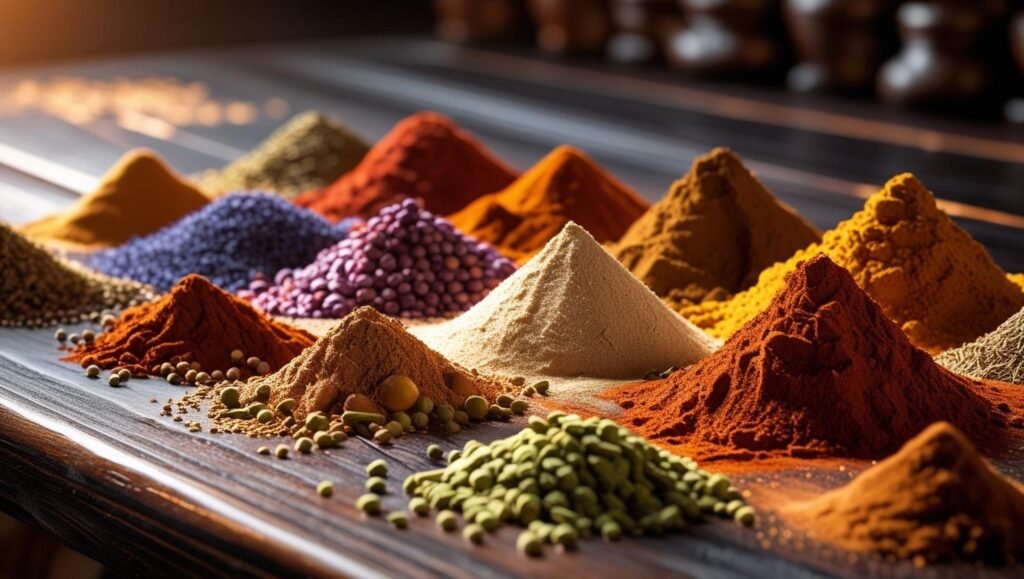
Do herbs and spices have nutritional value?
Herbs and spices do have nutritional value, even though they are usually consumed in small amounts. While they may not provide large portions of macronutrients such as protein or carbohydrates, they are concentrated sources of beneficial compounds that can support health in important ways.
They contain vitamins and minerals that contribute to overall nutrition. For example, parsley, basil, and cilantro provide vitamin C and vitamin K, while spices such as cumin and cinnamon offer minerals like iron and manganese.
Many herbs and spices are also rich in antioxidants, which help protect the body from oxidative stress and inflammation. Compounds like curcumin in turmeric, allicin in garlic, and capsaicin in chili peppers have been widely studied for their potential health benefits, ranging from improved digestion to supporting heart health.
Some herbs and spices also provide small amounts of fiber, which aids digestion and supports a healthy gut. Even though the serving size is modest, the nutritional impact is significant because of the concentrated nature of these compounds.
In short, herbs and spices enhance meals not only with flavor but also with meaningful nutritional value that goes beyond taste.
Here is your cleaned-up and rewritten version, with duplicates removed, a clear flow, and an educational but conversational tone:
Antioxidants in Herbs and Spices
Polyphenols and Flavonoids
Herbs and spices are rich in antioxidants, including polyphenols like flavonoids and phenolic acids. These compounds help protect cells from oxidative stress, which is linked to aging and chronic disease.
High-Antioxidant Examples
Dried oregano, rosemary, and thyme contain polyphenol levels higher than many fruits and vegetables when compared by weight. Oregano, in particular, is noted for its high antioxidant capacity due to compounds like rosmarinic acid.
Active Plant Chemicals
The active compounds in many spices provide additional protective benefits. Curcumin in turmeric has strong anti-inflammatory effects. Cinnamaldehyde in cinnamon supports metabolic health and antimicrobial defense. These compounds work alongside antioxidants to protect the body and improve resilience.
Vitamins and Minerals in Herbs and Spices
Vitamin-Rich Herbs
Fresh herbs such as parsley, cilantro, basil, and dill provide essential vitamins. Parsley is especially rich in vitamin K and also supplies vitamin C and vitamin A. Cilantro contributes vitamins A, C, and K, along with minerals like potassium and manganese. Basil offers vitamin K, magnesium, and iron in smaller amounts.
Mineral Contributions from Spices
Spices are concentrated sources of minerals. Turmeric provides manganese and iron, while cinnamon contributes manganese, calcium, and small amounts of dietary fiber. Cumin is valued for its iron and calcium content. Ginger adds trace amounts of potassium, magnesium, and vitamin B6.
Role in Nutrition
Though eaten in small quantities, herbs and spices make a meaningful contribution to vitamin and mineral intake when used regularly. Over time, this steady inclusion supports balanced nutrition and overall health.
Phytonutrients in Herbs and Spices
Curcumin in Turmeric
Curcumin is a powerful compound in turmeric, known for its anti-inflammatory and antioxidant effects. It is often studied for its potential to protect against chronic illness.
Allicin in Garlic
Garlic contains allicin, a sulfur-based compound with antimicrobial properties. It is linked to improved immune response and cardiovascular benefits, such as healthier cholesterol levels and blood pressure regulation.
Capsaicin in Chili Peppers
Capsaicin, the active compound in chili peppers, is responsible for their heat. It may help reduce inflammation, boost metabolism, and assist in weight management.
Piperine in Black Pepper
Black pepper contains piperine, which enhances nutrient absorption. Piperine significantly improves the bioavailability of curcumin when black pepper and turmeric are consumed together, making this pairing especially valuable.
The Broader Impact
These phytonutrients work together to strengthen the immune system, protect the heart, improve nutrient absorption, and reduce inflammation. Regular use of a variety of herbs and spices provides access to this wide spectrum of health benefits.
Conclusion
Herbs and spices are much more than simple flavor enhancers. They are nutritional powerhouses, packed with antioxidants, vitamins, minerals, and unique plant compounds that support overall health and well-being. Incorporating them into your meals not only elevates taste but also provides functional benefits, from reducing inflammation to supporting heart and immune health.

